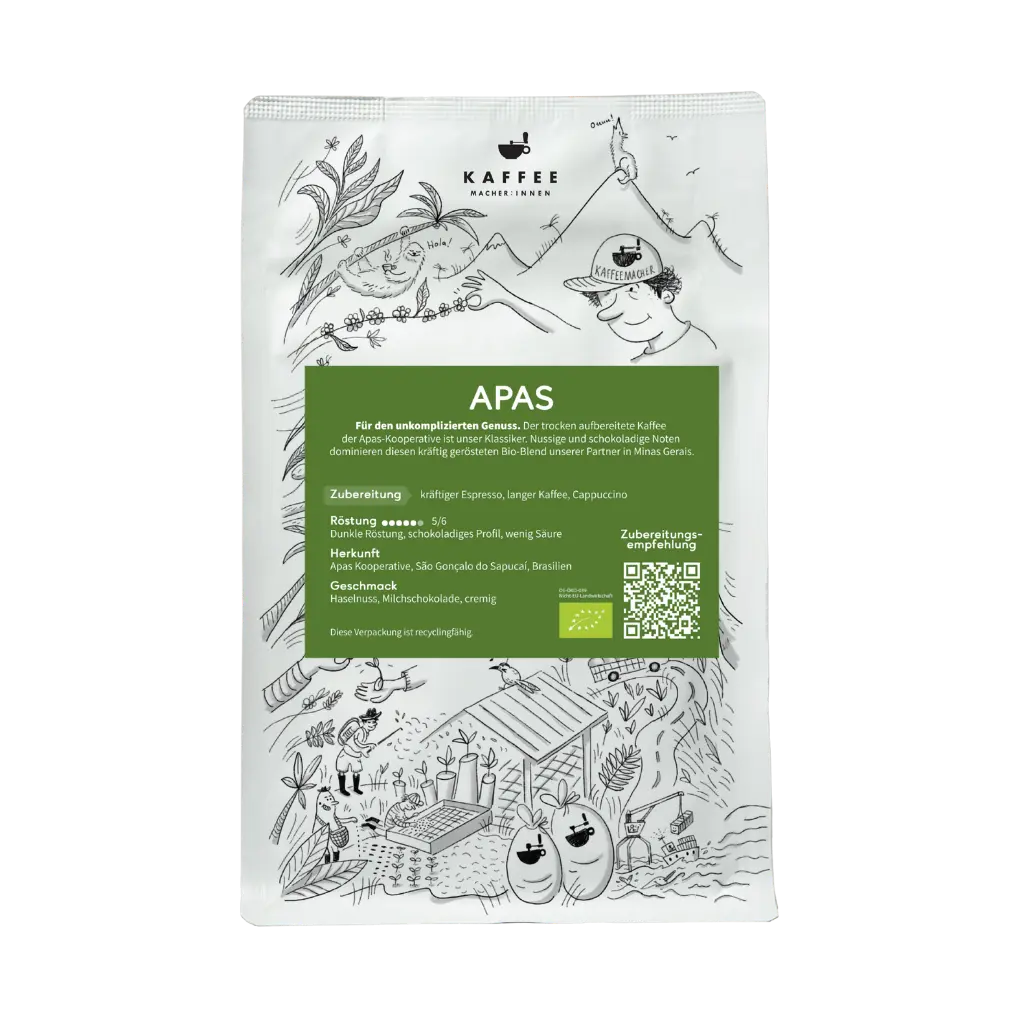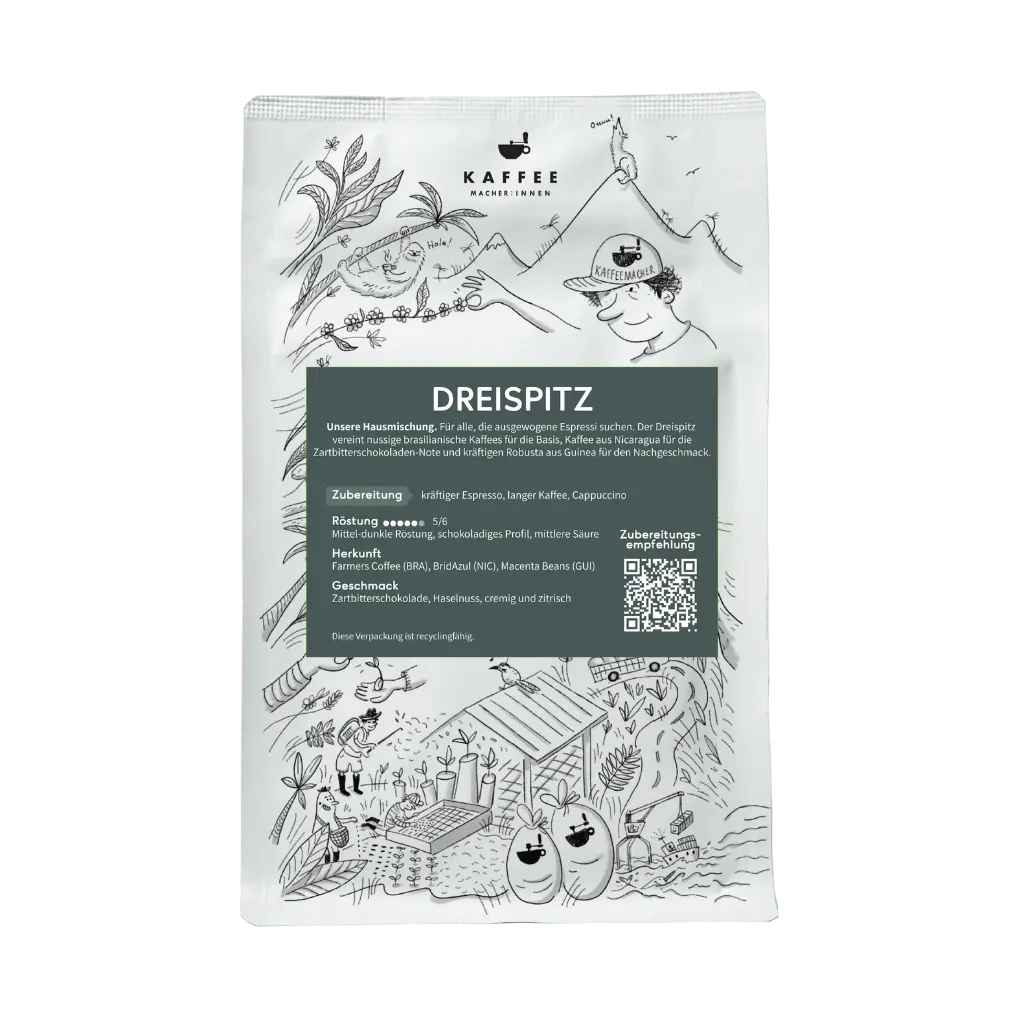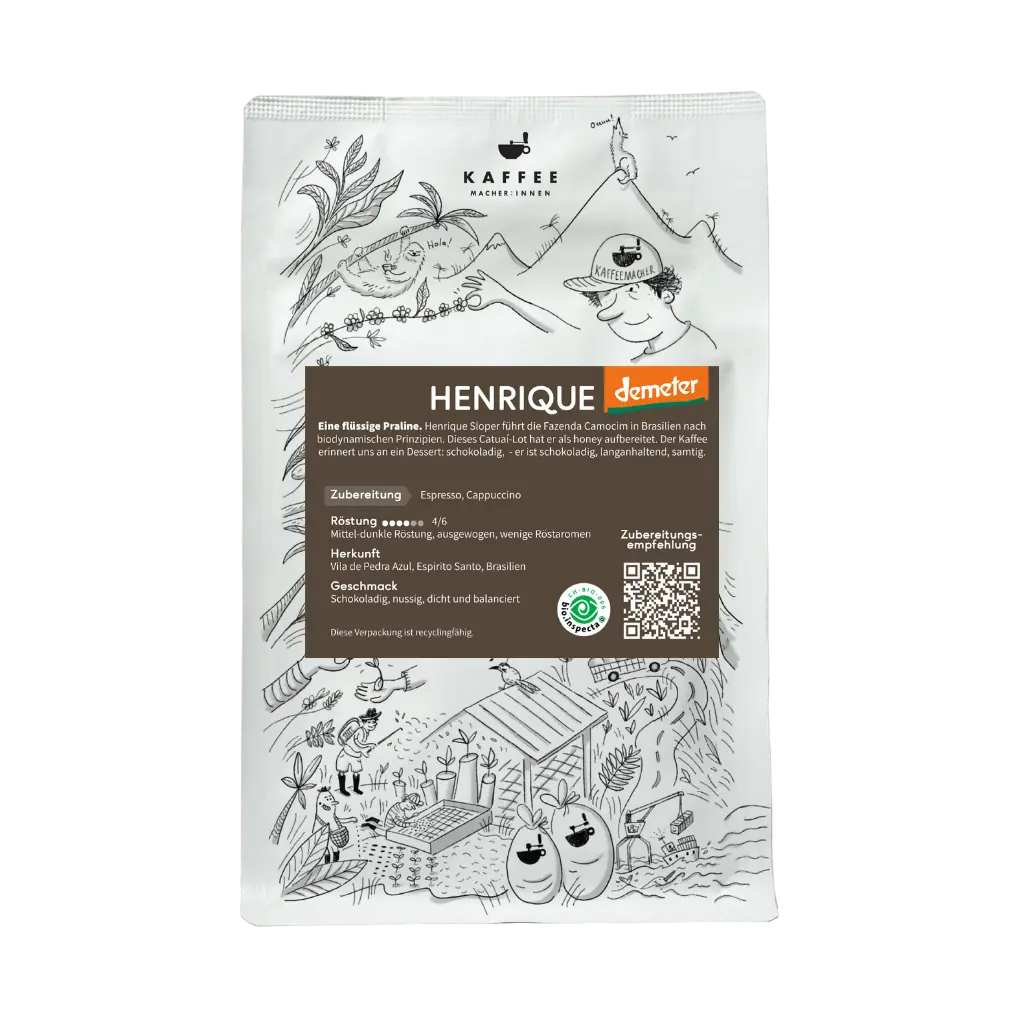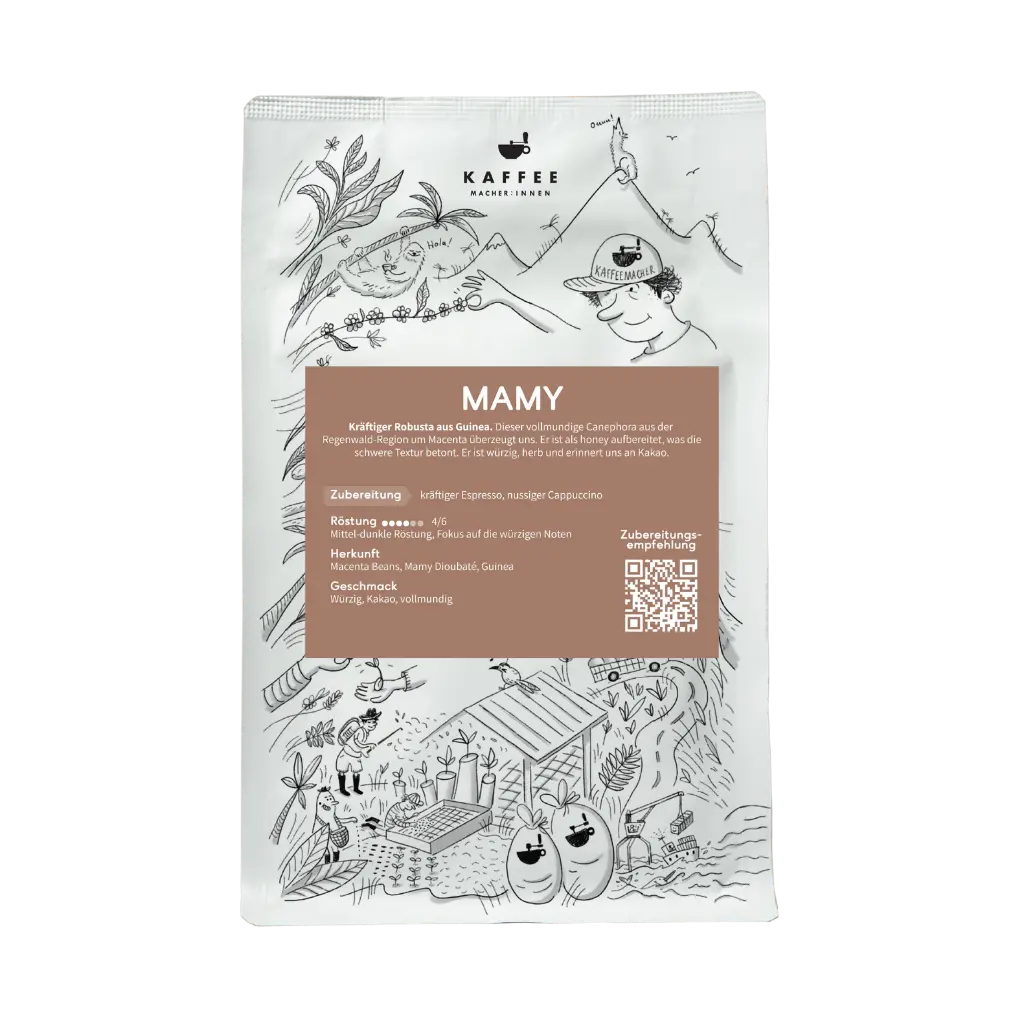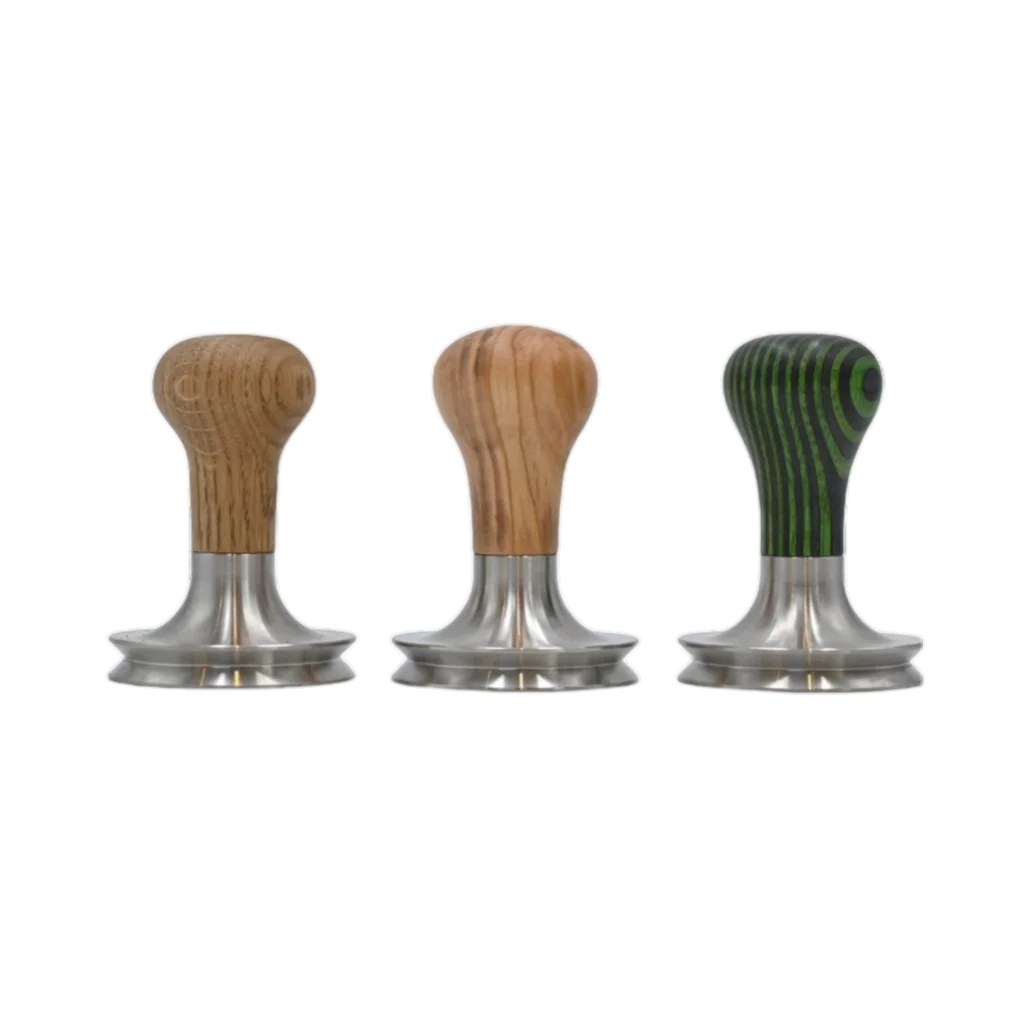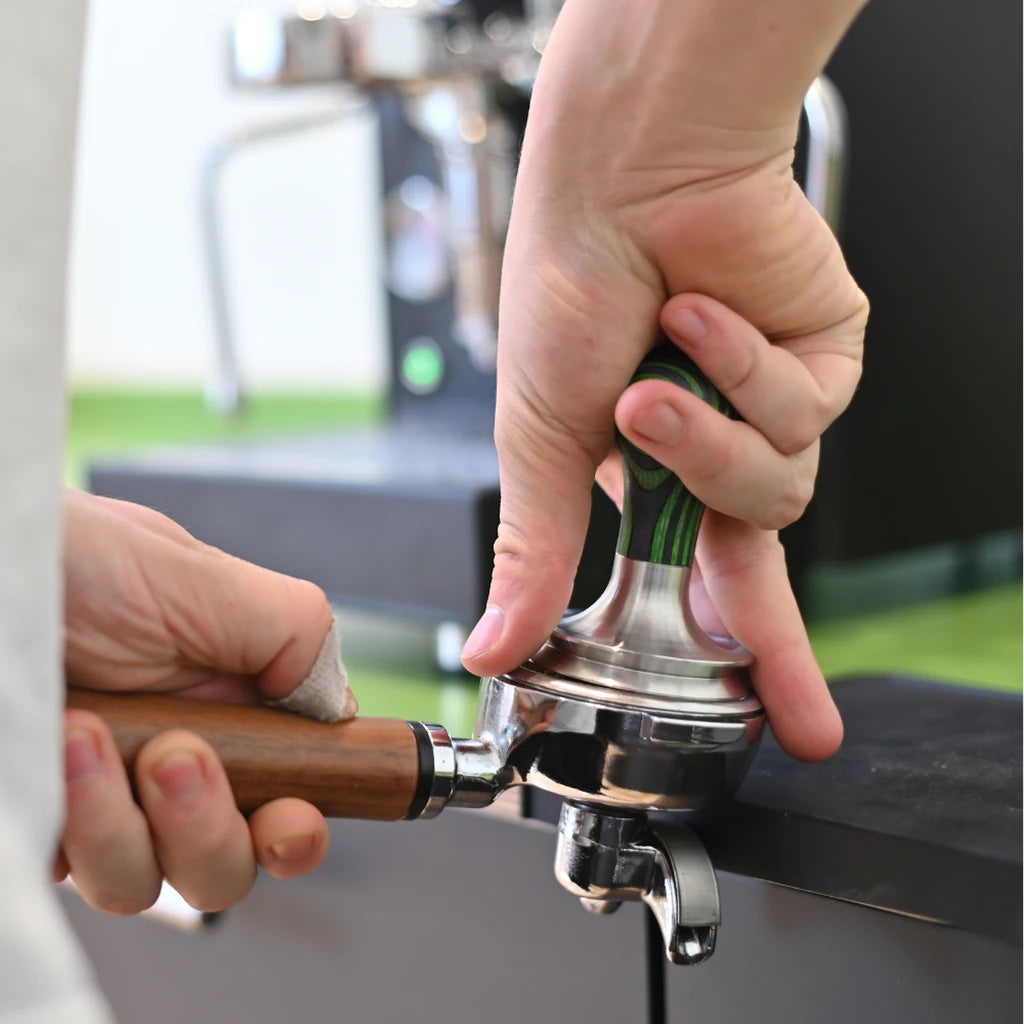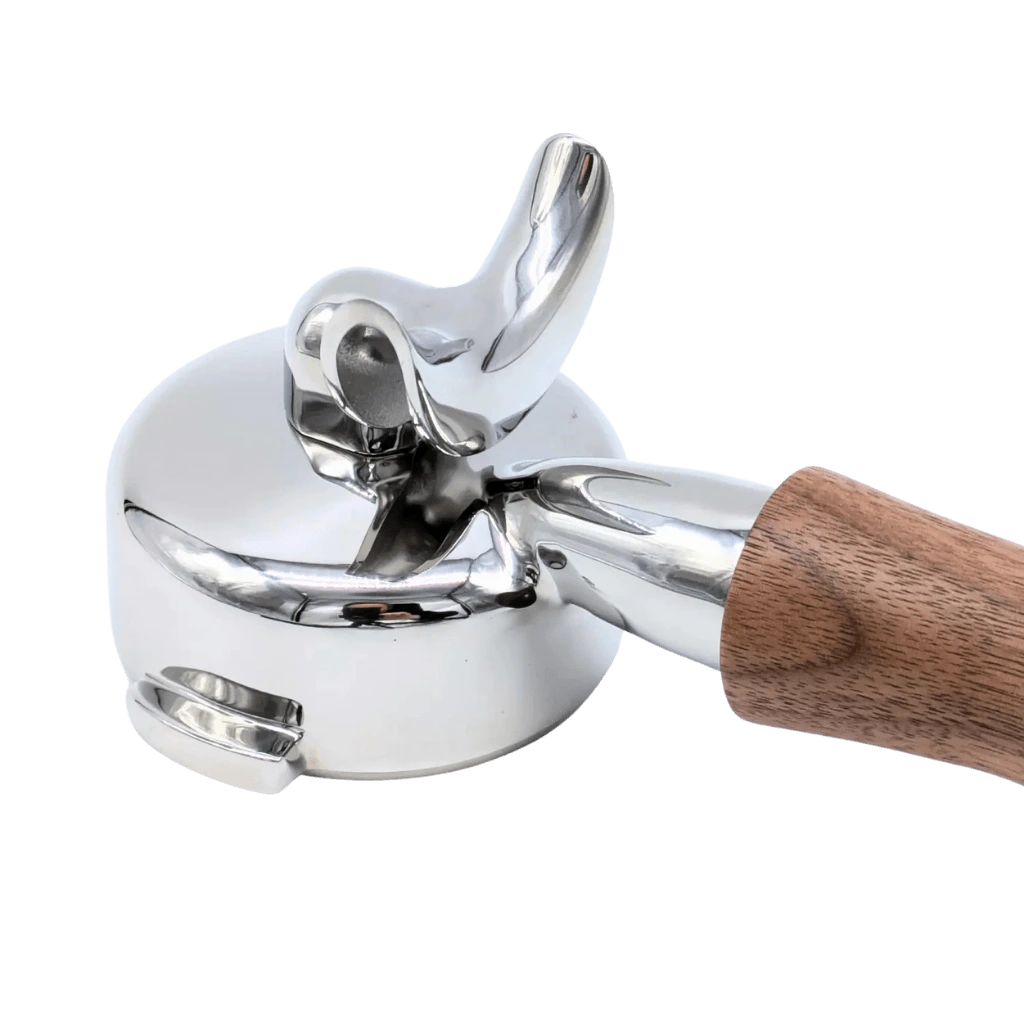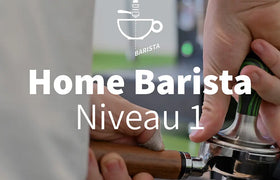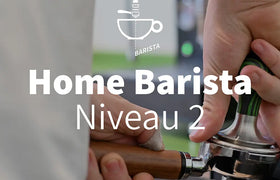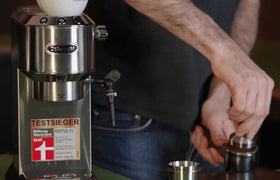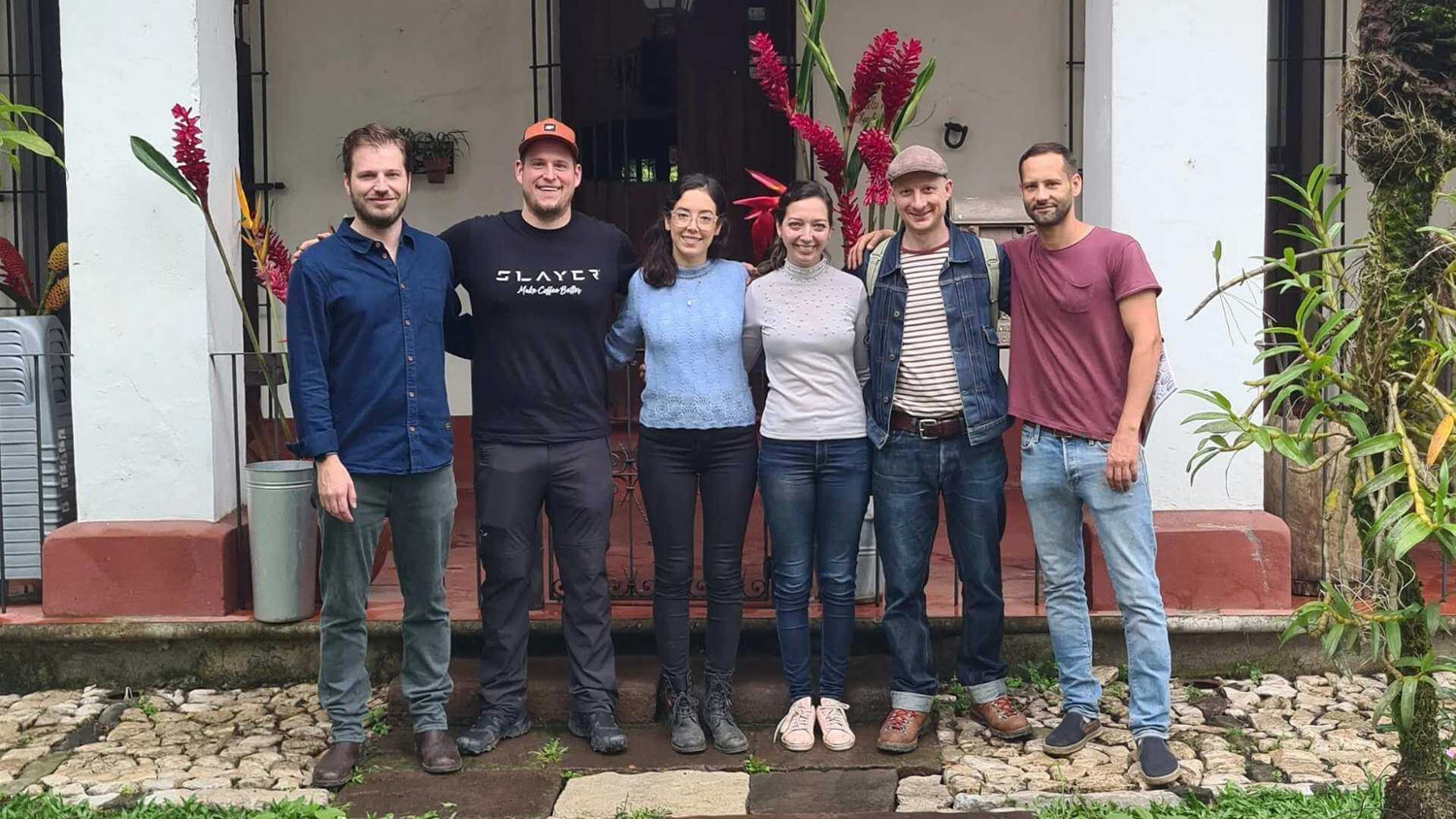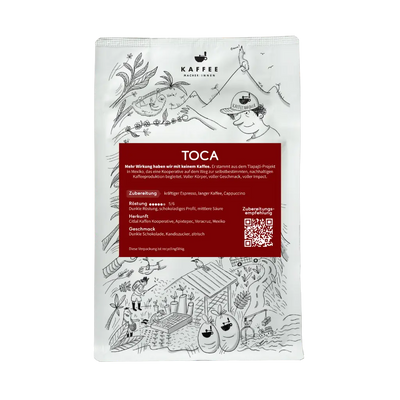In Córdoba, eastern Mexico, two sisters run a fourth-generation family ranch. For the past few years, they've specialized in direct contact with roasters, creating new markets and prospects, and have launched a decaffeinated coffee with arguably the shortest delivery routes in the world.
The two sisters Melisa and Jimena actually had a different plan than taking over a ranch. Melisa studied architecture and moved to Switzerland. Jimena studied agricultural science in Mexico and, after graduating, decided to take over the family business with Melisa.
Family businesses follow a different dynamic than many other companies.
Family ties can be a source of motivation, an obstacle, but also a source of obligation and pride. Melisa and Jimena have witnessed firsthand how challenging the past 20 years have been. They have experienced the hopes and the pain, and have seen that, especially in Mexico, it's time for young women to make their mark in a male-dominated field.

Melisa and Jimena, 2022
Diverse tasks at Rancho San Felipe
Rancho San Felipe is now run by the two sisters, the fourth generation. Their father, Adrián, focused the ranch on coffee, enormously expanding the network, and thus becoming a fixture in the coffee region around Córdoba, Veracruz.
Rancho San Felipe itself no longer produces any coffee, but instead experiments with varieties and offers tours of its own gardens.

Melisa shows us the tree nursery at Rancho San Felipe, where they grow coffee, shade trees, fruit trees, and flowers.
The ranch purchases coffee cherries or pulped coffee in the region, processes them further, dries them, and sorts them until they are ready for export. Rancho San Felipe thus creates its own blends, which Benjamin Distl, Melisa's partner, then exports primarily to Europe.
At the same time, the ranch also processes coffee on behalf of producers, even roasts it, or seeks market channels in Mexico itself. This broad approach helps the ranch cover a wide range of fields and utilize the potential of its infrastructure.
At the ranch in Córdoba, there's a Beneficio Humedo —where the cherries are pulped, fermented, and washed—as well as a Beneficio Seco . There, the dried coffee in the parchment is cleaned of foreign matter, separated from the parchment, sorted by size and density, bagged, and tasted.

The Rancho San Felipe at night.
The facilities have been in operation for a long time, and Melisa and Jimena have long-term plans. They want to renovate the ranch step by step. The ranch's history goes back more than a century, when the area was even larger. Much has changed, and the two are eager to start new projects and build on old relationships.
The Sueño - the project for our decaffeinated coffee with Descamex
And this approach is precisely reflected in the decaffeinated coffee that Rancho San Felipe now makes for us. A few years ago, we asked Benjamin Distl if they'd be interested in making a specialty decaf coffee .
The main reason was that Rancho San Felipe and Descamex, one of only two companies in the world that decaffeinates green coffee using only water and pressure, are practically neighbors. Both companies are based in Córdoba. And because Melisa and Jimena's father already knew the Descamex executives, connecting the dots was easy.

Cupping at Descamex, who decaffeinate our decaf only with water
But one green coffee was still missing, and Rafael Reyes is now contributing it. Reyes bought thousands of new seedlings of the Gesha variety, unaware that they weren't actually Gesha. He hoped to be successful in a highly sought-after market. After two years, it turned out that they were definitely not Gesha varieties, and he had been "misinformed" during the purchase.
That was just the time when Melisa and Jimena came into contact with him - Rafael Reyes had also already been in contact with their father, but at that time the two sisters were still younger.
In Reyes’ memory, however, it was still “the girls” (las niñas) who stood on the farm one day, and from then on he called them exactly that.
Unlike before, however, they now came up with a business idea for how they could help Reyes. Reyes' coffee, sensorially speaking, fit exactly the range we wanted for decaffeinated coffee. Sweet, with notes of maple syrup, heavy, with medium acidity.

Rafael Reyes' farm in the Sierra de Gallego
Reyes supplies the cherries, Rancho San Felipe pulps and ferments them, dries the beans and delivers them to Descamex , ten minutes up the road toward Orizaba.
Initially, they produced one batch with Descamex, equivalent to approximately 2.5 tons of green coffee. Demand for a hyper-local, decaffeinated coffee continued to grow —both from us and from fellow roasters—so Rancho San Felipe is now increasing the quantity fivefold.

Don Ramiro, the farm manager, with the Sueño - from the farm to the roastery and back
The new coffee generation at Rancho San Felipe
Today, Melisa and Jimena are at the helm of the ranch, while Beni handles the export and marketing of the coffee, both domestically and internationally. Beni himself also roasts coffee for the local market. When he took a roasting class with us in 2021, he surprised everyone by saying he was able to reduce his roasting time from "60 minutes to 40 minutes."

The old 70kg roaster - it runs, and runs, and runs
Of course, that's a long roasting time, but the machine can't handle more than that. However, he optimized the system to meet local needs so that they were able to roast more and more coffee for private label producers and also create an additional sales channel with their own brand.
Whoever makes coffee doesn't just make coffee.
The tasks at Rancho San Felipe in Córdoba are so diverse because many of the projects have evolved over time. There's the large garden, where they cultivate flowers and succulents and sell them in their own flower shop in Orizaba. There's the model farm, where they experiment with varieties, test different types of compost, grow fruit, and guide tourists through the farm, showing them coffee trees. There's the beehive for their own honey and the drying beds for their specialty lots, which already account for almost ten percent of the total harvest.

Visit in October 2022, from left to right: Philipp, Michel (Team Kaffeemacher:innen), Melisa, Jimena, Patrizio (Ballon Coffee Roasters), Beni
Melisa, Jimena, and Benni have taken on a huge project. We are impressed by the dedication, creativity, and humility with which they follow in the footsteps of a family tradition. They have their agenda, are open to new projects, sense the direction a specialty market is heading, and know full well that working with coffee is never just about coffee, but about people, relationships, and old bonds, which they are now transporting into a new era.



